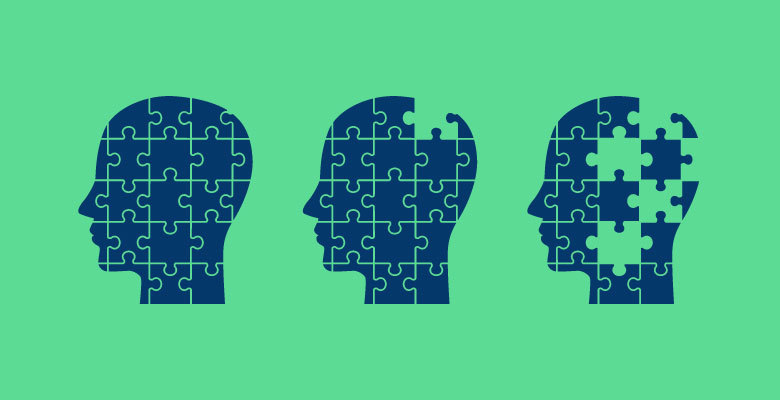Stages of dementia: What to expect
Shelli Bakken | Nov 11, 2021
 Photo from Alvernia University
Photo from Alvernia University
The Alzheimer’s disease continuum is the progression of Alzheimer’s disease from brain changes unnoticeable to the person affected toward brain changes that cause problems with memory and eventually physical disability. There are three stages of dementia (mild, moderate, and severe – or early, middle, and late), reflecting the degree to which symptoms interfere with one's ability to carry out everyday activities. Learning about these stages can help us understand loved ones with memory loss.
Early stage
In the mild (or early) stage, most people can function independently in many areas but likely to require assistance with some activities to maximize independence and remain safe. They may still be able to drive, work, and participate in their favorite activities.
What to expect:
- Memory, personality, and concentration changes
- Changes in executive functioning
- Difficulty with reasoning, abstract thinking, visual-spatial relations, language, and ability to communicate
- Impaired judgement
- Confusion with time or place
- Withdrawal from work or social activities
Moderate stage
In the moderate stage, which is often the longest stage, individuals may have difficulties communicating and performing routine tasks, including activities of daily living (such as bathing and dressing); become incontinent at times; and start having personality and behavioral changes, including suspiciousness and agitation.
What to expect:
- Memory decline
- Changes in behavior
- Increased trouble performing daily tasks
- More prominent language problems
- Greater level of care needed
Late stage
In the severe stage, individuals need help with activities of daily living and are likely to require around-the-clock care. The effects of Alzheimer’s disease on an individual’s physical health become especially apparent in this stage. Because of damage to areas of the brain involving movement, individuals may become bed bound. Damage to areas of the brain that control swallowing makes it difficult to eat and drink.
What to expect:
- The world is experienced through the senses
- Impairment in memory increases
- Language becomes more basic or stops
- Incontinence is typically an issue
- Dependence on the caregiver increases
- Physical abilities diminish
- Swallowing, standing, or breathing may become difficult
Though these stages come with their own challenges, your loved one can still live a happy, fulfilling life. Remember: “Alzheimer's cannot take away what had already been. It only transfers the responsibility of remembering to those who love the one who is afflicted” (Jolene Brackey). To learn how Walker Methodist can come alongside you on the journey of memory loss, contact us today.
